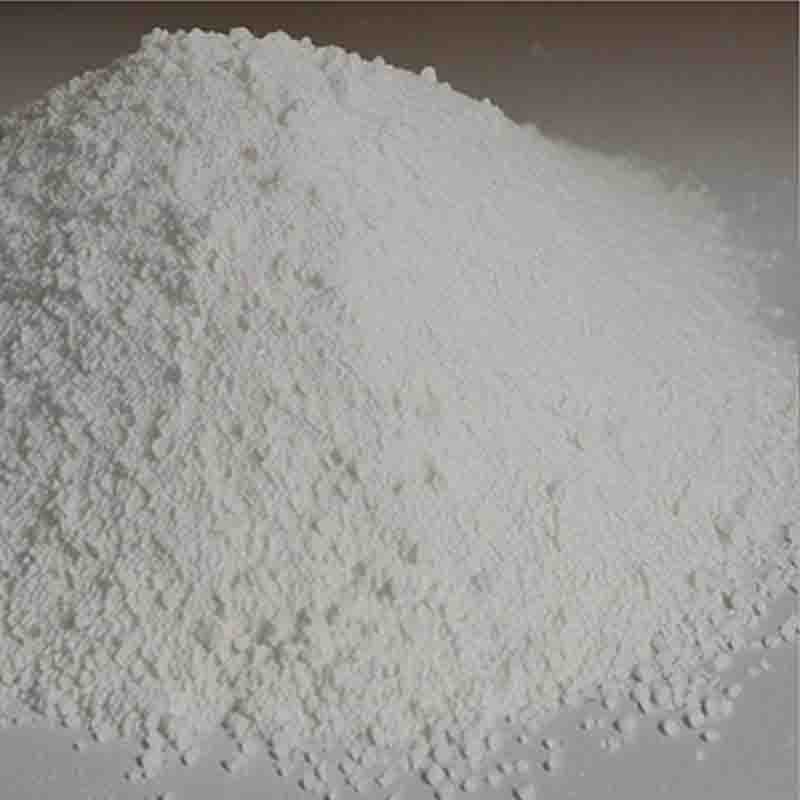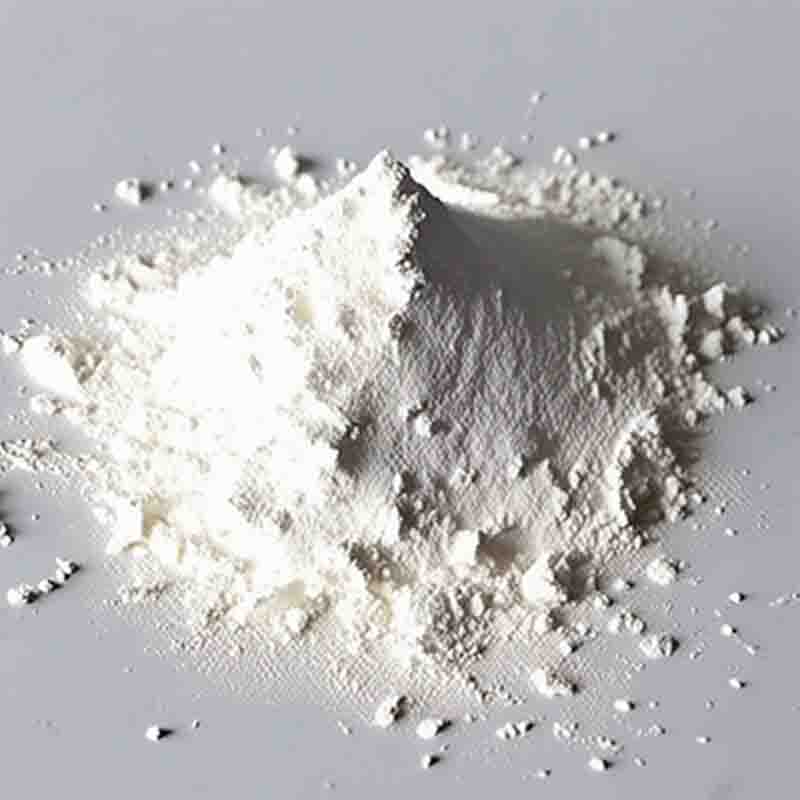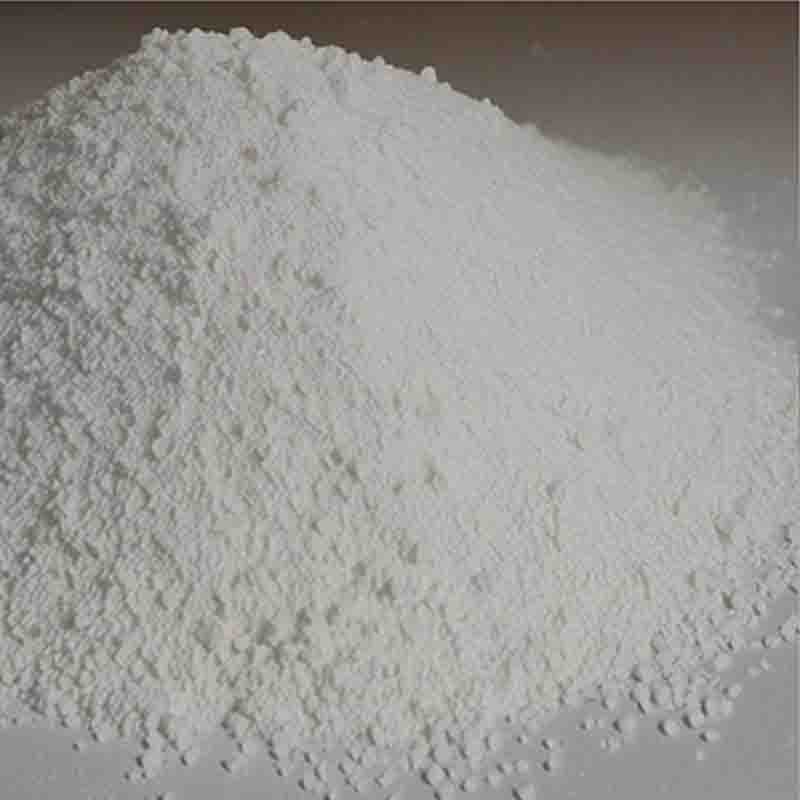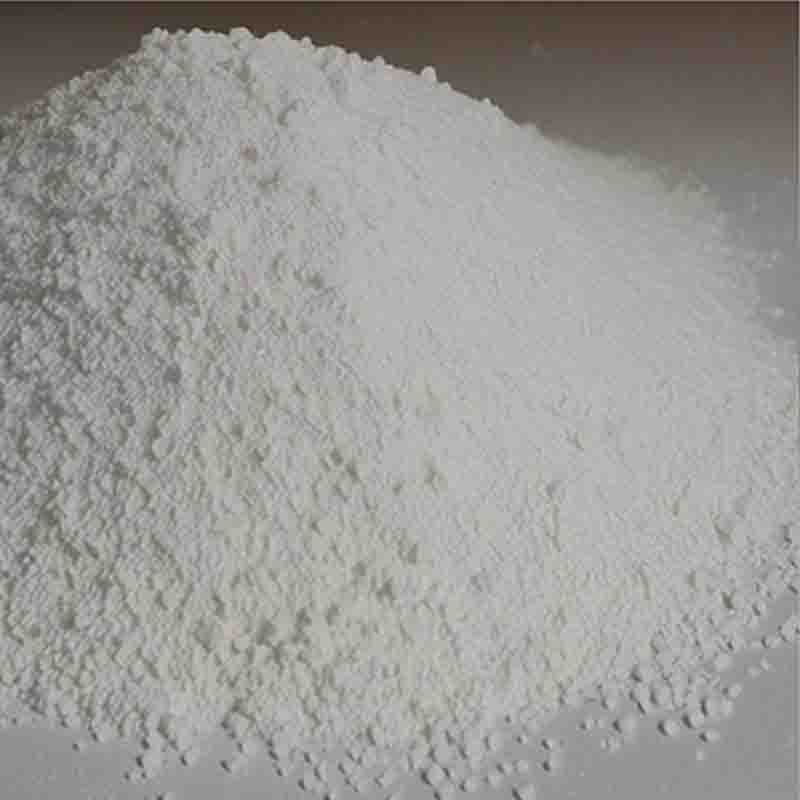N,N-dimethyl-dithiocarbamylpropylsulfonicacid,sodiumsalt CAS:18880-36-9
| Catalog Number | XD94877 |
| Product Name | N,N-dimethyl-dithiocarbamylpropylsulfonicacid,sodiumsalt |
| CAS | 18880-36-9 |
| Molecular Formula | C6H14NNaO3S3 |
| Molecular Weight | 267.35 |
| Storage Details | Ambient |
Product Specification
| Appearance | White powder |
| Assay | 99% min |
N,N-dimethyl-dithiocarbamylpropylsulfonic acid, sodium salt, also known as sodium dimethyl dithiocarbamate, is a chemical compound with various applications and effects. Here are some effects and uses of this compound explained in 300 words.Metal Chelator: N,N-dimethyl-dithiocarbamylpropylsulfonic acid, sodium salt is a potent chelating agent that can bind to metal ions. It forms stable complexes with heavy metal ions like cadmium, mercury, and lead, thereby aiding in their removal from industrial wastewater and contaminated soil. This property makes it useful in environmental remediation processes.Antioxidant: Sodium dimethyl dithiocarbamate has been found to possess antioxidant properties. It can scavenge free radicals and reduce oxidative stress in the body. Studies have shown its potential in reducing oxidative damage and preventing various diseases associated with free radical-induced damage, such as cardiovascular diseases, neurodegenerative disorders, and cancer.Antibacterial and Antifungal Activity: This compound has shown significant antimicrobial activity against both bacteria and fungi. Its ability to inhibit the growth of harmful microorganisms makes it valuable in the field of medicine and agriculture. It has been used effectively as a preservative in various products to prevent microbial spoilage.Agricultural Applications: Sodium dimethyl dithiocarbamate is widely used in agriculture as a fungicide and bactericide. It can control the growth of plant pathogens, such as fungi and bacteria, protecting crops from diseases. This compound is particularly effective against diseases like Fusarium wilt, damping-off, and brown rot in plants.Anti-tumor Effect: Research has suggested that sodium dimethyl dithiocarbamate possesses anti-tumor properties. It has been found to inhibit the growth of cancer cells and induce apoptosis (programmed cell death) in various types of cancer, including breast, lung, prostate, and colon cancer. However, further studies are needed to explore its full potential in cancer treatment.It is essential to keep in mind that sodium dimethyl dithiocarbamate should be handled with care due to its toxicity. It can cause skin and eye irritation and may have adverse effects on human health if ingested or inhaled in high concentrations. Proper safety precautions should be followed when working with this compound.


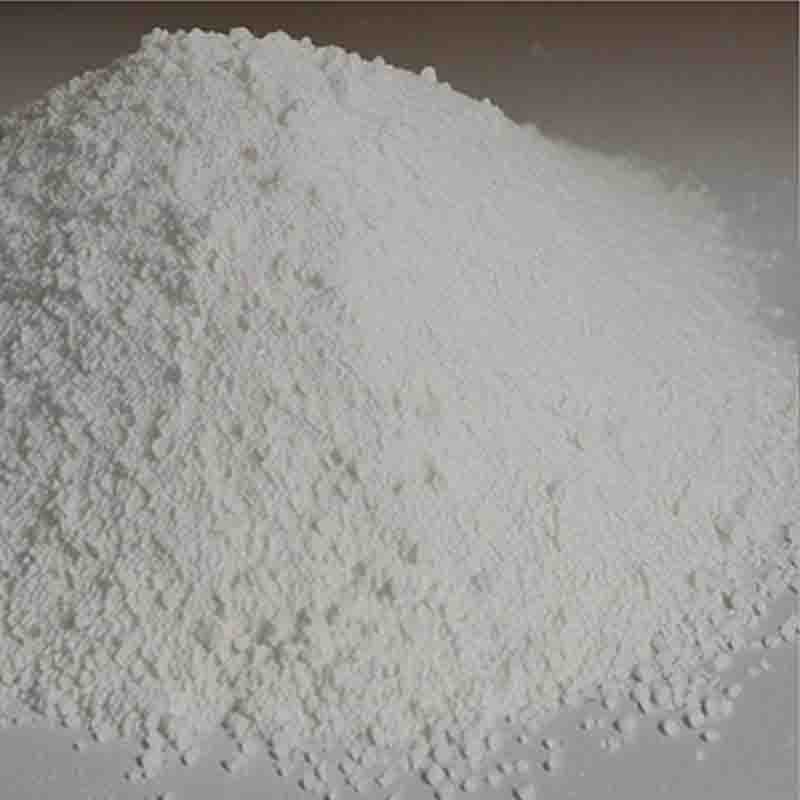

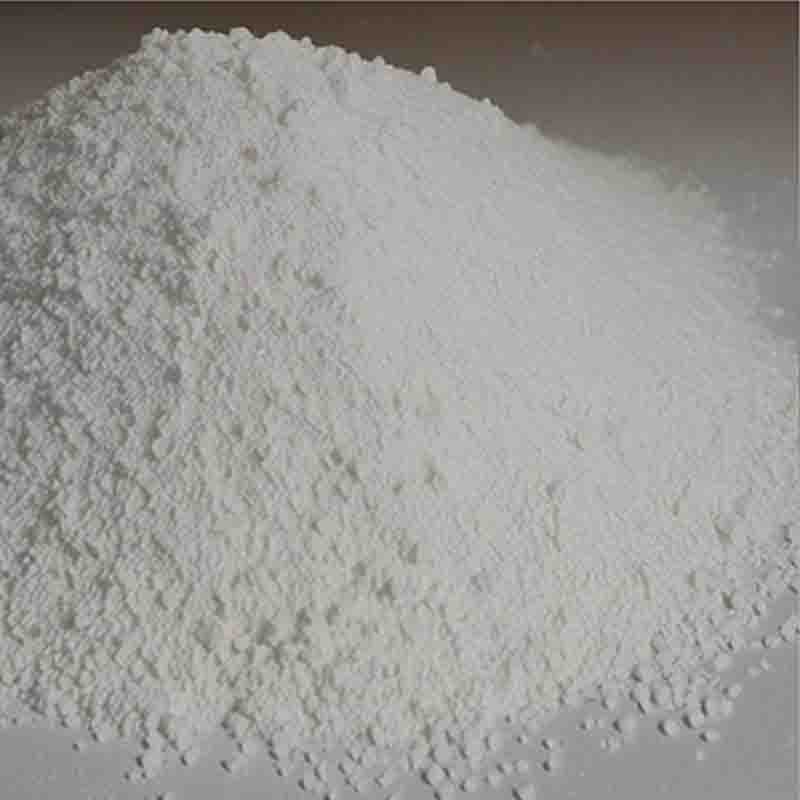
![2-ethyl-2-[[(1-oxoisooctadecyl)oxy]methyl]-1,3-propanediylbis(isooctadecanoate) CAS:68541-50-4](https://cdn.globalso.com/xdbiochems/白色粉末2784.jpg)
